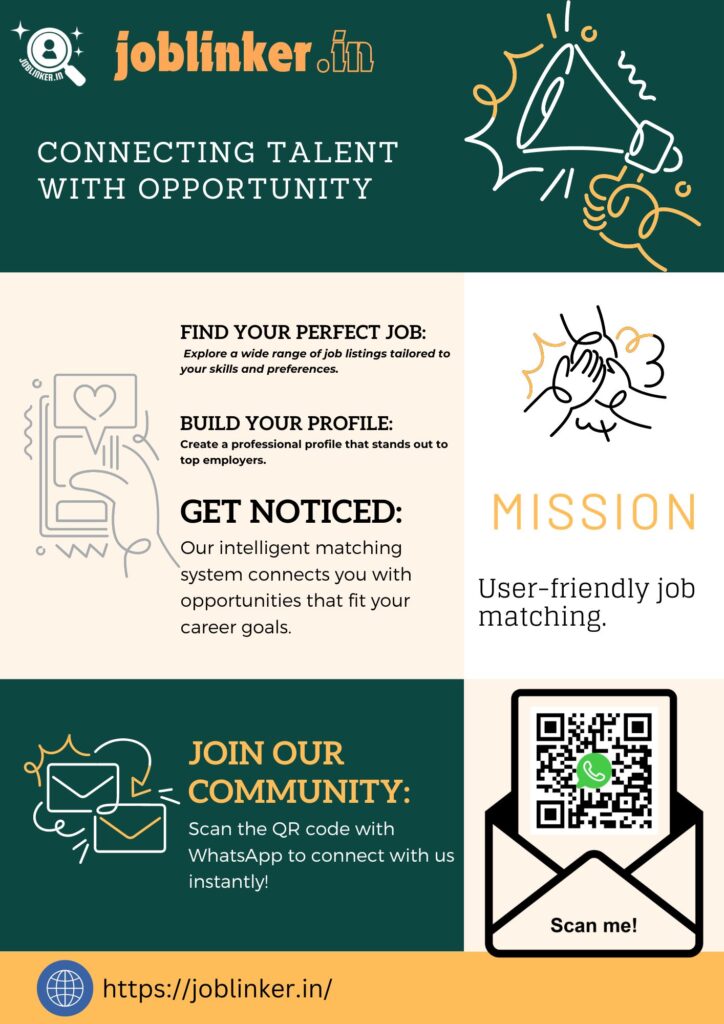“Building Scalable, High-Performance Software Solutions with End-to-End Expertise in Java, Cloud, and Front-End Technologies”
Job Description
Position: Jr. Java Developer
Location: Mclean, VA (Day 1 onsite with hybrid set up – Mandatory work from office every Tuesday, Wednesday and Thursday)
Duration: Long-term
Job Summary: We are seeking a talented and self-motivated Junior Java Developer to join our dynamic team. The ideal candidate will possess strong Java programming skills along with expertise in J2EE, Spring, Spring Boot, Oracle, AWS, and Angular. As a Junior Java Developer, you will be responsible for designing, developing, and maintaining software applications that meet our clients’ needs. We require someone who is eager to learn new technologies, adaptable to changing requirements, and capable of working independently with minimal supervision.
Key Responsibilities:
- Develop, test, and maintain high-quality software applications using Java, J2EE, Spring, Spring Boot, Oracle, AWS, and Angular technologies:
- This involves the end-to-end software development lifecycle (SDLC), where developers build, test, and refine software applications using a combination of backend technologies (Java, J2EE, Spring, Spring Boot), databases (Oracle), cloud services (AWS), and frontend technologies like Angular.
- Collaborate with cross-functional teams to understand project requirements and translate them into technical solutions:
- Effective teamwork with different departments (like design, product, and quality assurance) is essential. The goal is to convert business needs into technical implementation plans that align with the project’s objectives.
- Design and implement scalable and efficient software solutions that align with best practices and industry standards:
- You must create software solutions that are scalable (able to handle increased loads as the system grows) and efficient, while adhering to best practices, such as maintaining clean code, ensuring security, and optimizing performance.
- Troubleshoot and debug software issues, ensuring optimal performance and reliability:
- Identifying and resolving bugs or performance issues is key to maintaining the stability and reliability of the application. It requires good problem-solving skills to quickly resolve errors that may affect the software’s performance.
- Stay updated with the latest trends and advancements in Java development, cloud computing, and front-end technologies:
- Continuous learning is important for staying current with the rapidly changing tech landscape, especially in areas like Java, cloud technologies like AWS, and front-end frameworks like Angular.
- Take ownership of tasks and projects, demonstrating a proactive and results-driven approach:
- This means being responsible and accountable for delivering high-quality work, taking the initiative to resolve challenges, and ensuring project completion on time.
- Participate in code reviews, providing constructive feedback and ensuring adherence to coding standards:
- Code reviews are essential for ensuring code quality, catching errors early, and maintaining consistency across the codebase. You will give feedback to others and receive feedback on your code to improve it.
- Document software designs, development processes, and technical specifications for reference and knowledge sharing:
- Proper documentation ensures that the work is well-organized and easy to understand, both for yourself and for other developers. It also aids in the continuity of the project if new team members join.
Qualifications and Skills:
- Bachelor’s degree in Computer Science, Software Engineering, or a related field:
- A formal educational background provides foundational knowledge in areas like algorithms, data structures, and computer systems.
- Strong proficiency in Java programming language and J2EE technologies:
- Expertise in Java and J2EE (Java 2 Platform, Enterprise Edition) is crucial for building large-scale, distributed applications that are typically used in enterprise environments.
- Experience with Spring Framework, including Spring Boot for building microservices:
- The Spring Framework simplifies Java development. Spring Boot, in particular, helps in building lightweight, production-ready applications, especially microservices, which are small, independent services that work together.
- Knowledge of relational databases, preferably Oracle, and proficiency in writing SQL queries:
- Understanding relational databases like Oracle, which store data in structured formats, and the ability to write efficient SQL queries, is necessary for interacting with the database effectively.
- Familiarity with cloud platforms such as AWS, including services like EC2, S3, Lambda, and RDS:
- AWS services enable hosting applications in the cloud, providing benefits like scalability and high availability. EC2 is for computing power, S3 is for storage, Lambda is for serverless computing, and RDS is for database management.
- Proficiency in front-end development using Angular framework is a plus:
- Experience with Angular, a front-end web framework, is beneficial since it helps build dynamic, single-page applications that provide a seamless user experience.
- Ability to work independently and collaboratively in a fast-paced environment:
- Being flexible and adaptable, whether working solo or as part of a team, is crucial in a dynamic, fast-moving development environment.
- Excellent problem-solving skills and attention to detail:
- Problem-solving skills help in analyzing and resolving complex technical issues, while attention to detail ensures that the work produced is accurate and free from avoidable mistakes.
- Strong communication and interpersonal skills:
- Good communication is essential for collaborating with team members, understanding client requirements, and conveying complex technical ideas to non-technical stakeholders.
- Willingness to learn new technologies and adapt to evolving project requirements:
- The tech landscape evolves quickly, so being open to learning new tools, languages, and methods is key to staying relevant and effective in your role.
- Ability to thrive in a self-motivated and self-directed work environment:
- Self-motivation is critical for maintaining productivity, especially in environments that require minimal supervision or remote work. This also means being able to manage your own tasks and deadlines effectively.



